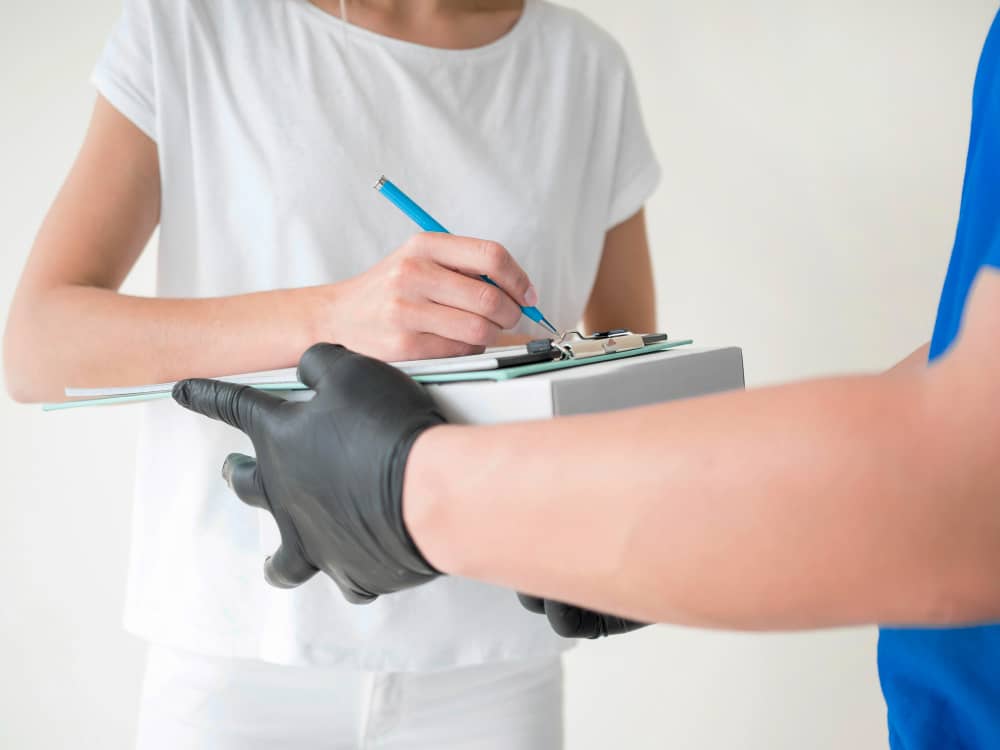To successfully pursue a personal injury claim in the UK, gathering appropriate evidence is critical to support your case. The evidence needed depends on the nature of the injury and the circumstances surrounding the incident. Here’s a breakdown of the key types of evidence needed when making a personal injury claim:
1. Medical Evidence
Medical reports are essential in validating the extent of the injury. This includes hospital records, doctor’s notes, and any medical treatment you’ve received. If you were involved in a road traffic accident, for instance, medical evidence from doctors or specialists detailing the nature and impact of your injuries (including whiplash or other musculoskeletal injuries) can play a vital role in your claim compensation.
2. Photographic Evidence
Photographs of the accident scene, your injuries, and property damage are extremely valuable. For example, if you were injured in a public space, taking pictures of the hazardous condition (such as a slippery floor or obstructed walkway) can help establish negligence on the part of the responsible party.
3. Witness Statements
Statements from people who saw the accident occur can provide impartial and crucial evidence. Witness testimony can verify your version of events and may be pivotal in proving fault in a personal injury claim. If there are any witnesses who can testify to the circumstances surrounding the incident, their statements can significantly strengthen your case.
4. Police Reports
In cases of accidents, especially road traffic incidents, a police report can provide a comprehensive account of the events leading to the accident, including any statements taken and potential fault determinations. Police reports are often considered reliable sources of evidence in court, particularly in cases involving disputes about liability
5. Receipts and Invoices
When making a claim for compensation, particularly for financial losses such as medical expenses or loss of earnings, you will need to provide receipts or invoices. This can include medical bills, travel expenses related to treatment, or proof of lost wages due to your inability to work
6. Employment Records
If your injury has caused you to miss work, documentation from your employer, such as payslips or a letter confirming your absence and lost earnings, will be vital in demonstrating the financial impact of the injury compensation.
8. Accident Report Forms
If the accident occurred in a workplace or public space, filling out an official accident report form immediately after the incident is important. This form should detail how the injury occurred, the conditions at the time, and any immediate actions taken. Having this on record can serve as a strong piece of evidence if there is any dispute later on.
9. Expert Reports
In more complex cases, expert reports can be requested to assess the extent of the injury or accident. For instance, if the injury involves a permanent disability, an expert in medical or rehabilitation fields can provide an independent evaluation of the long-term impacts
By gathering this comprehensive set of evidence, you will be better equipped to make a strong personal injury claim. Additionally, it is advisable to consult with a solicitor to help organise and assess the evidence, ensuring your claim is backed by the strongest possible documentation.
Conclusion:
In conclusion, gathering the right evidence is crucial to support a successful personal injury claim in the UK. From medical records to witness statements and expert reports, all types of evidence serve to substantiate the details of the incident and the impact it has had on your life. By ensuring that you document the injury, accident, and its aftermath thoroughly, you increase the likelihood of receiving fair compensation for both physical harm and financial loss. If you are unsure of your claim , please don’t be hesitate to contact us – National Claims will put you in touch with experienced solicitors who will help you throughout the claims process.
Remember that working with a personal injury solicitor can provide valuable guidance throughout the process. They can help you understand the legal requirements and ensure that all necessary evidence is collected and presented in the best possible light. This approach not only maximises your chances of success but also offers peace of mind throughout the claims process.

We’re proud of our excellent customer reviews
We thrive on delivering exceptional service and ensuring our clients’ satisfaction. Don’t just take our word for it. Check out some of our independent reviews to see what our clients have to say.
Excellent

This firm is excellent, they sorted out my car pay out and injury claim very fast, they always communicate with you all the time.

My accident case was dealt with confidence and with great result of the outcome, especially James kept me informed all the time.

I was very impressed at the way my inquiry was treated. I was listened to attentively and everything I needed to know was explained to me.






